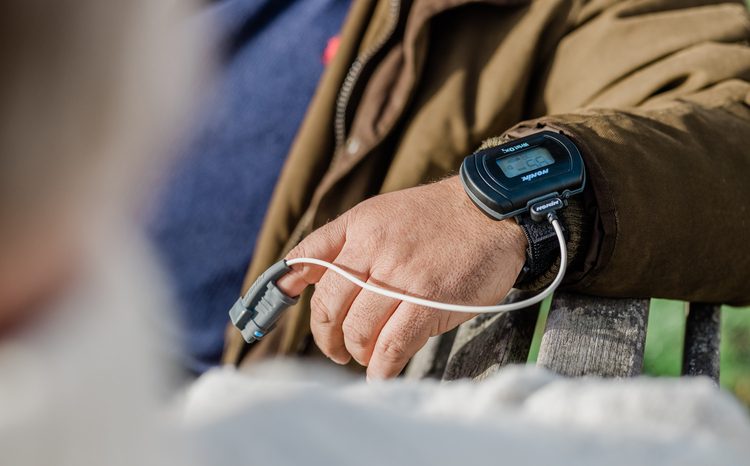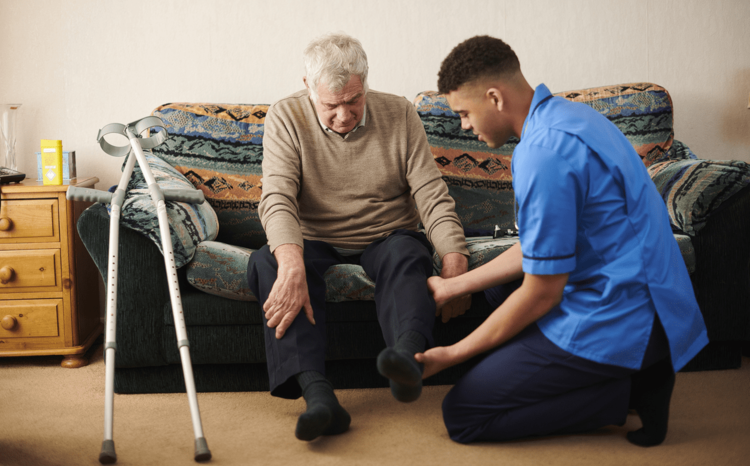Europe-wide heart monitoring trial shows promise
- 19 August 2005
The organisers of a recently completed pan-European trial aimed at finding out if telecare can be an effective tool in monitoring patients with chronic heart disease have called the project a success.
Eleven centres in three countries, England, Poland and Italy, participated in the Heart Failure in Hospital and Home (HHH) trial, which was supported by the European Fifth Framework Programme (FP5). Around 450 patients with heart problems were signed up for the randomised controlled trial.
E-Health Insider spoke to the organisers of HHH before the publication of the final results. One of the organisers, Dr Paul Johnson, consultant clinical physiologist at the Department of Obstetrics and Gynaecology at the Women’s Centre in the John Radcliffe hospital in Oxford, explained that the trial collected data from patients who were measuring themselves at home.
Dr Johnson said that the study focused on the question: "Compared to a group of normally managed patients, would telecare of this type help in the diagnosis and management of heart failure?"
Trial participants wore the halter monitoring devices for 24 hours every month for a year, as well as measuring their blood pressure, weight and answering questionnaires about their general health. Dr Johnson said that the amount of data collected across the sites was enormous: "It’s been quite a big technological task to link them all together so they all transmit their data particularly if they’re wearing the devices," he explained.
The study was successful because even though the technology wasn’t up-to-date, 80-90% of the participants complied with the instructions and submitted their data. "This study was devised five years ago. The technology we used in it is by no means the latest," said Dr Johnson.
"One of the things that drove us was the increasing observation that patients with chronic heart disease have sleep-disturbed breathing, in the case of patients with heart failure," he added. Patients with respiration problems, namely Cheyne-Stokes breathing, a form of sleep apnoea, have 50% more hospital admissions. If such patterns can be detected early, they can be treated, thus proactively reducing pressure on hospital services.
The team are now looking at working with Connecting for Health to find out if telecare and remote monitoring can be linked to electronic health records. Dr Johnson said that this was an ideal opportunity as nowhere else in Europe was planning to link so many patients up on the same network.
The full results of the trial are currently being collated and are likely to appear in October.





